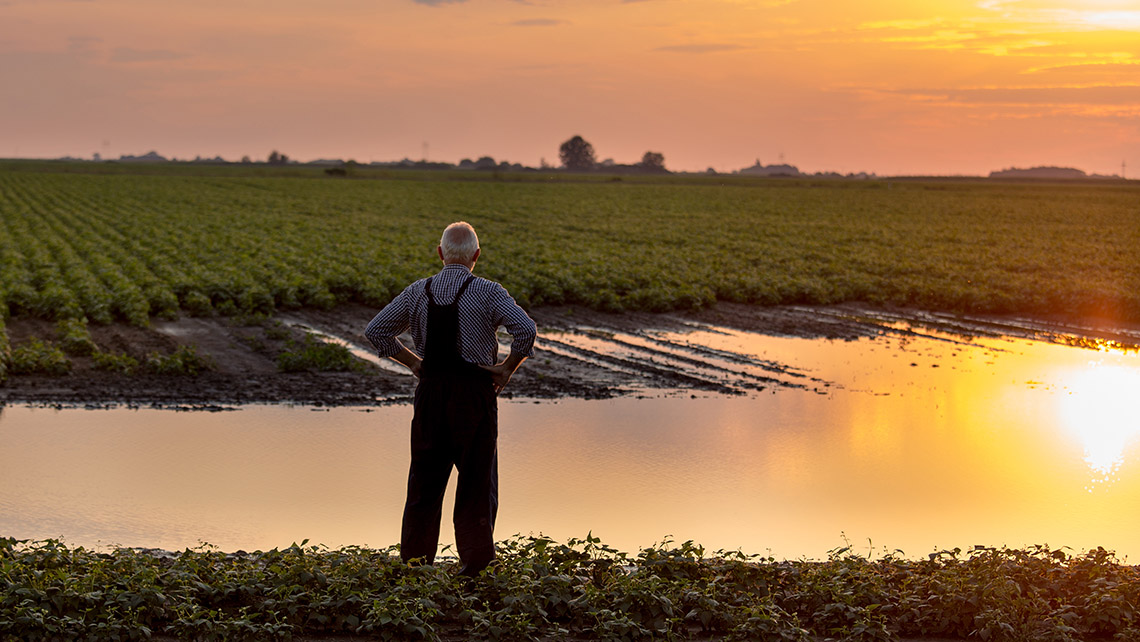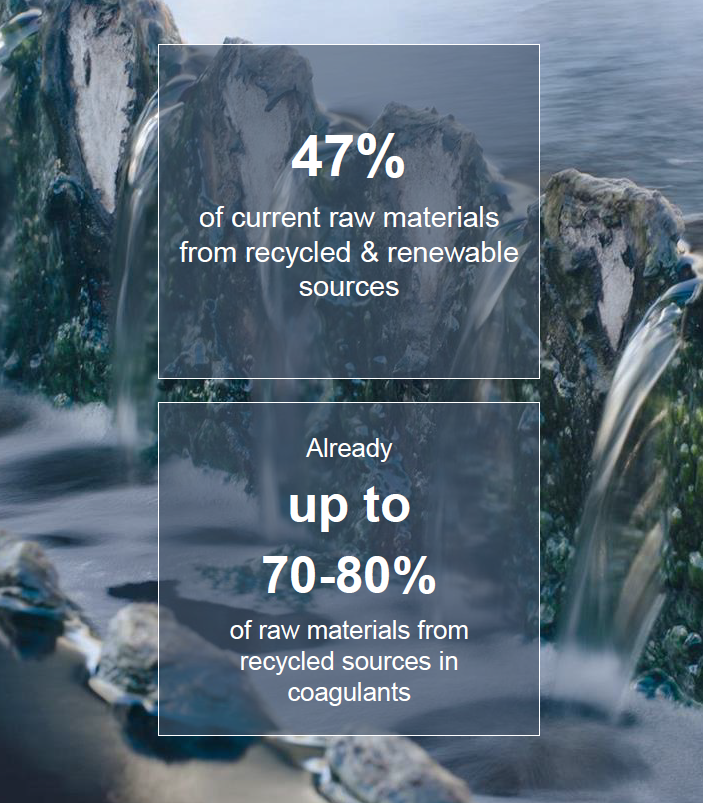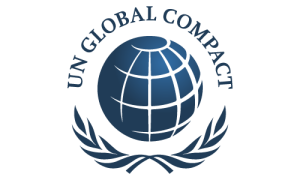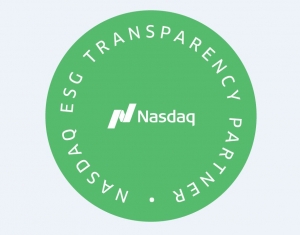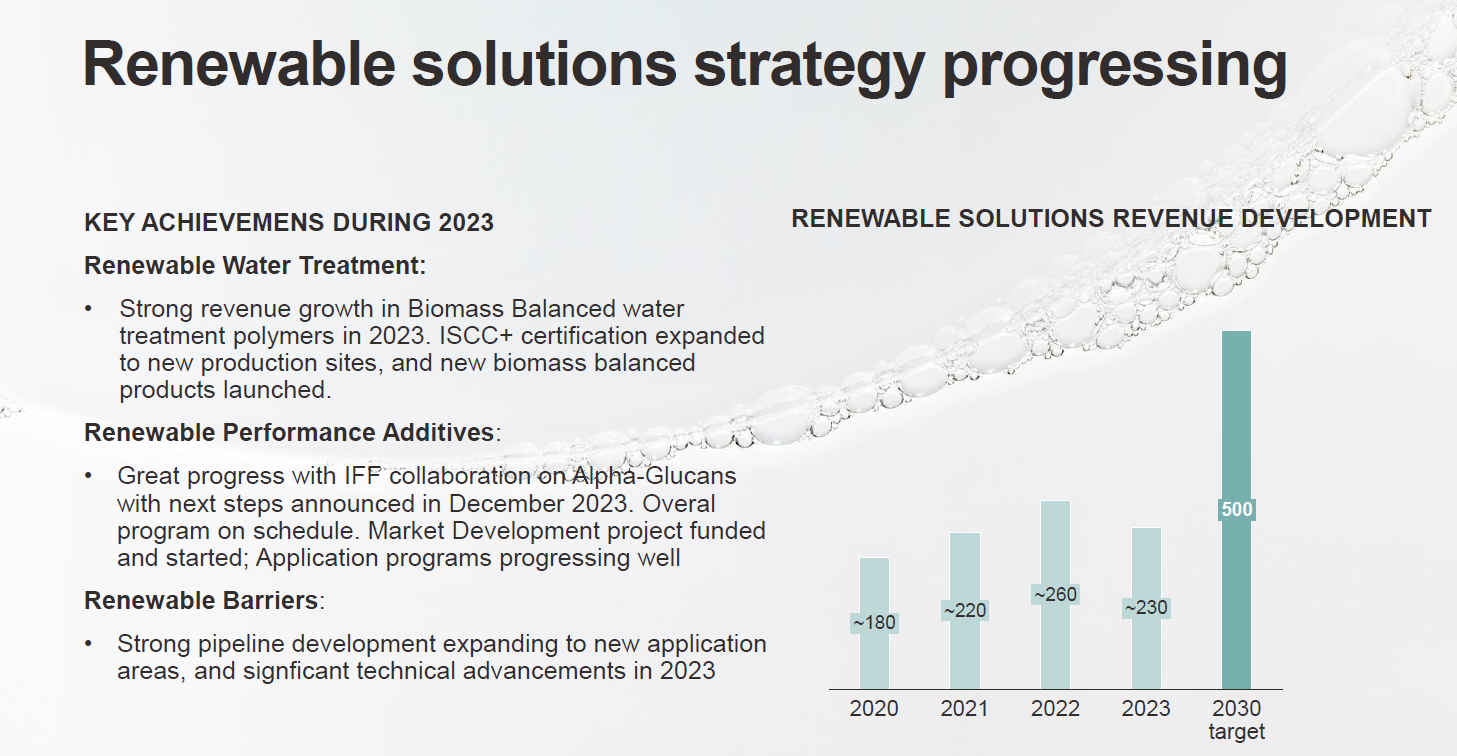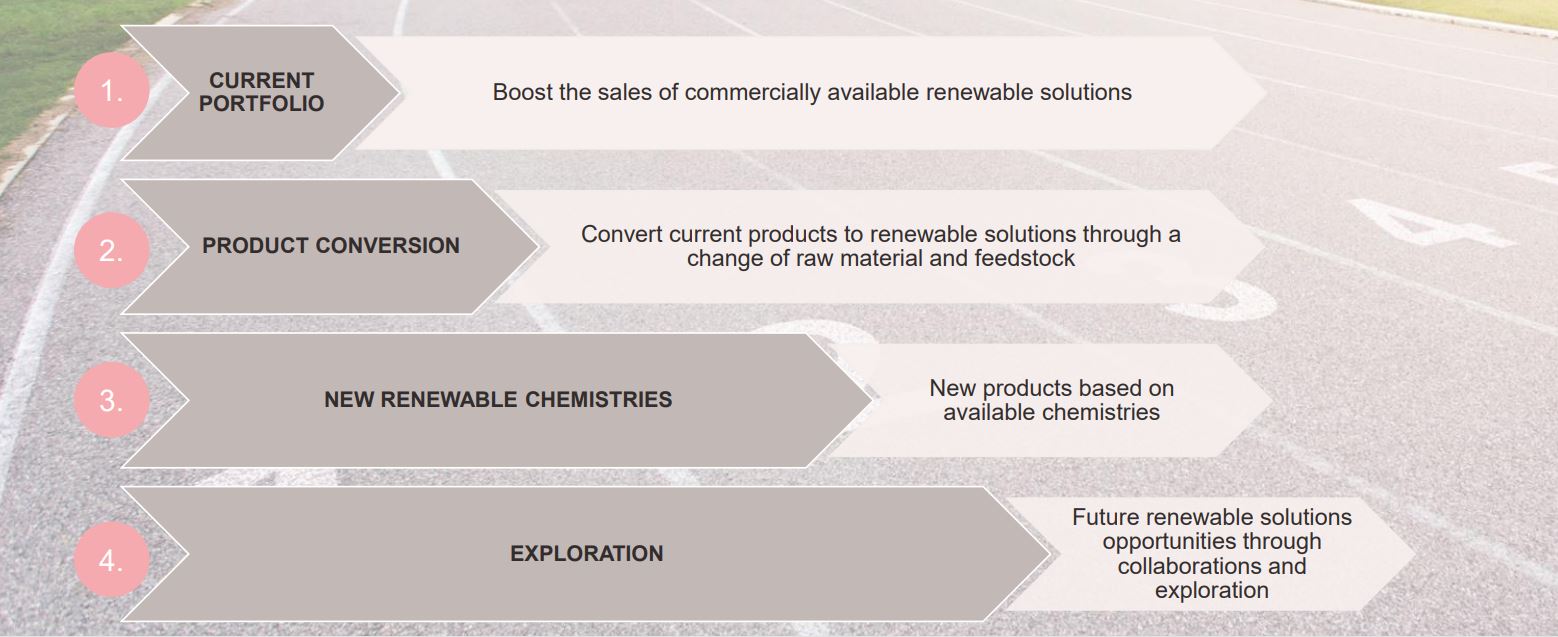Sustainability KPIs
Kemira updated its sustainability targets in 2021 and identified five themes as sustainability focus areas: safety, people, water, circularity and climate.

*total recordable injury frequency per million hours
**kilograms of disposed production waste per metric tonnes of production
***Scope 1: Direct greenhouse gas emissions from Kemira’s manufacturing sites, e.g. the generation of energy and emissions from manufacturing processes. Scope 2: Indirect greenhouse gas emissions from external generation and purchase of electricity, heating, cooling, and steam.
You can find more information on the five key themes on Kemira’s sustainability pages.
From United Nations Sustainable Development Goals (SDG), Clean Water and Sanitation (SDG 6), Decent Work and Economic Growth (SDG8), Responsible consumption and production (SDG12) and Climate action (SDG 13) are the most relevant to Kemira.
Kemira has been widely acknowledged for its commitment to sustainability
Kemira actively participates in various sustainability surveys. Below a list of some sustainability rankings for Kemira vs. chemical industry benchmark.
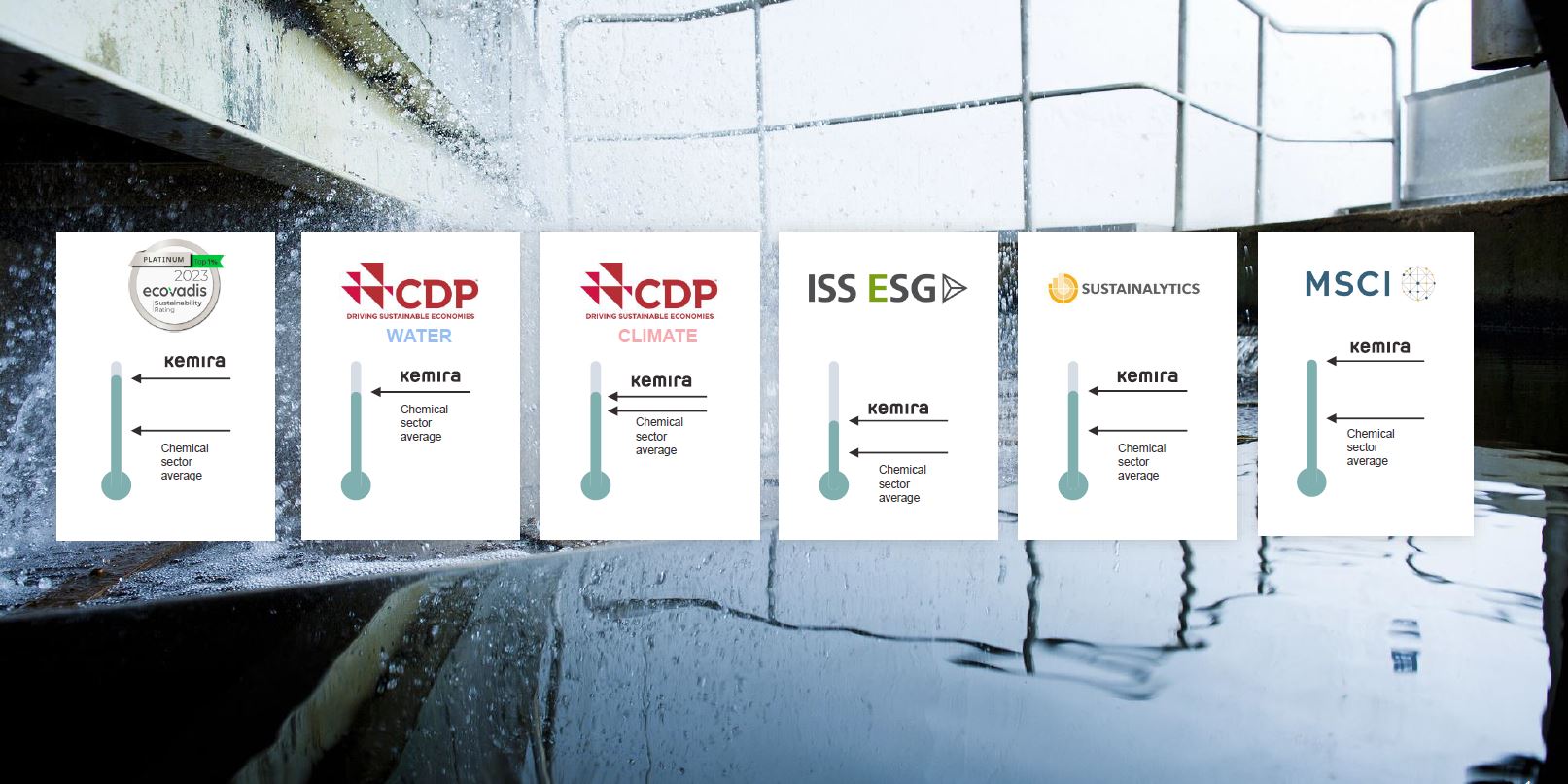
Kemira has ambitious climate target and commits to Science Based Targets initiative
Kemira has ambitious target for significant reductions in its greenhouse gas (GHG) emissions by the year 2030 in line with the Science Based Target initiative (SBTi)*. Kemira commits to 50% cut in the emissions from its own operations (Scope 1 and 2 emissions**) by the end of 2030, compared to a 2018 baseline. This target is in line with limiting global warming to 1.5°C, which is currently the most ambitious criteria for setting science-based targets.
Kemira’s Scope 1&2 emission reduction ambition increases significantly from 30% 2030 target to 50% 2030 target. Furthermore Kemira commits to developing a quantified near-term Scope 3 target within the timeframe set by the Science Based Target initiative framework. Kemira will submit these updated targets to be validated by the SBTi.
Read more on the Press Release of June 15, 2022
*)Science Based Targets initiative (SBTi), a partnership between CDP, the United Nations Global Compact (UNGC), the World Resources Institute (WRI) and the World Wide Fund for Nature (WWF), drives ambitious climate action by enabling companies to set science-based emissions reduction targets.
**) Scope 1, 2 and 3 emissions as defined by the Greenhouse Gas Protocol. Scope 1 and 2 cover the emissions related to our own production. Scope 3 includes all other relevant emissions throughout the value chain.



